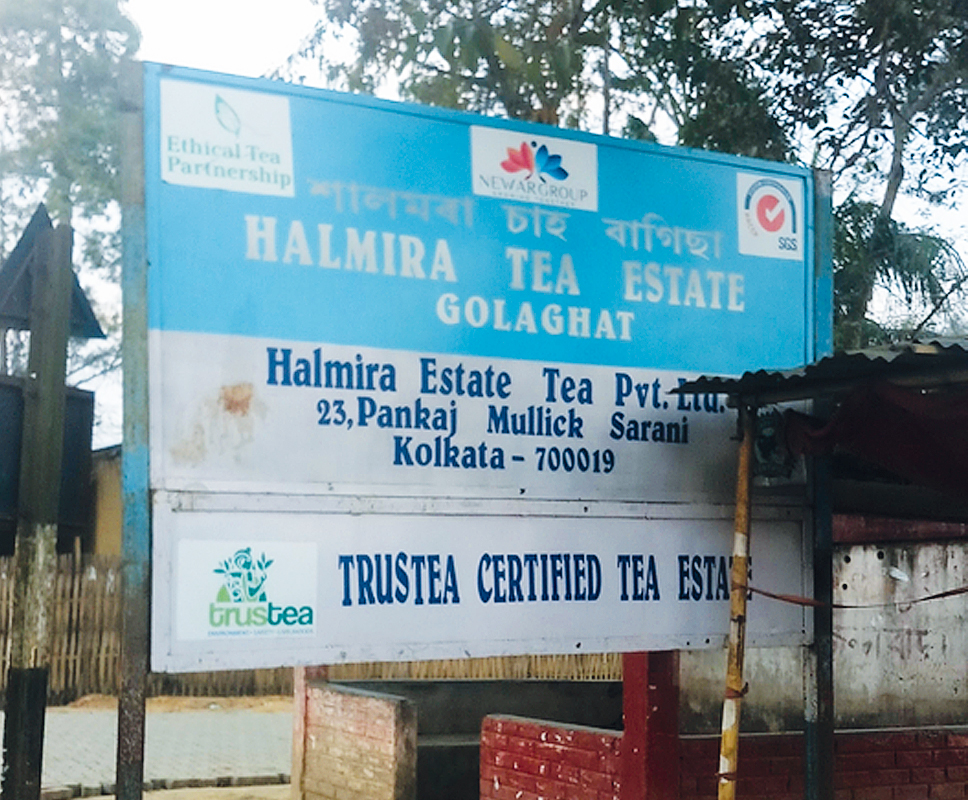The victims of the worst hooch tragedy to have struck Assam last week do not belong to the tea community alone.
As many as 23 victims, not belonging to the tea worker community, hail from villages on the fringe of Halmira and Borholla tea estates, in Golaghat and Jorhat districts respectively, indicating that the illicit liquor menace is widespread.
Sources said 18 non-tea garden persons have died in villages in and around Borholla tea estate and six in Selengi Naorajugi village adjoining Halmira tea estate.
Local residents have called for strict vigil on villages adjoining the gardens and carry out a sustained awareness programmes because a
section from the villages brew sulai (hooch), which has a captive market in the nearby gardens.
A member of the staff at Borholla community health centre said it would be wrong to say that spurious liquor is a garden problem as nearby villages are equally affected.
“Gogois, Sonowals, Saikias and Baruahs have also died under our community health centre area. Our reports suggest illicit liquor is easily available in these villages because some people prepare and sell hooch. These need to be checked or we may see another round of deaths,” one of them said.
Borholla police said they regularly conduct raids in the nearby villages but the suppliers return after some time. The community health centre recorded 60 deaths till date.
At Halmira, 24km away, Jyoti Prasad Saikia said Gogois and Boras have died in Selengi village just outside the garden. “The hooch comes from nearby villages to the gardens. This need to be checked,” he said.
A crackdown has started following the mass casualty, 157 in all, according to Dispur.
Women’s self-help groups of non-tea garden women in Borholla have gone all out against bootleggers and suppliers, so much so that sulai (hooch) is “not available” in the area but at least “80 per cent of the suppliers” are on the run, along with their families.
“There has been a backlash. Women’s self-help groups have launched a crackdown in the villages, destroying liquor dens and shaming those involved,” said a staff member at the community health centre, which has examined as many as 3,264 persons for liquor issues between February 22 and 26.
A doctor in Golaghat said the fringe area is the problem because liquor is brewed or stocked and supplied to the gardens.
“The government focus on garden areas where most people take sulai will not help unless the fringe areas are sanitised. We need to cut off the source and at the same time carry on with a concerted, sustained and effective awareness drive,” the doctor said.











